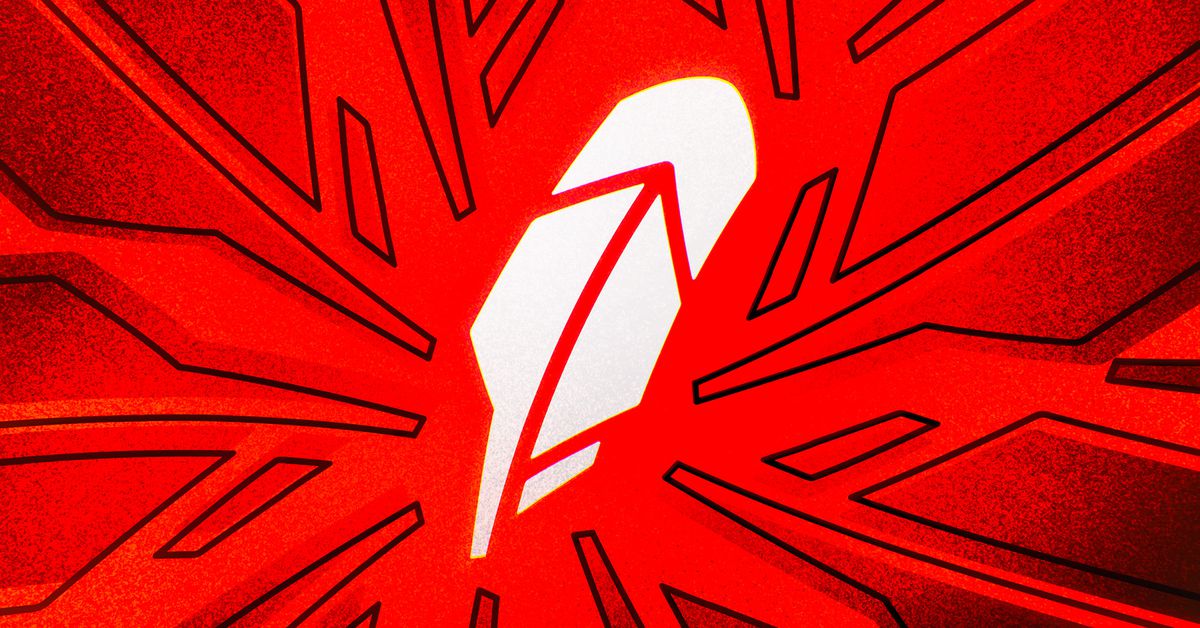
Robinhood started trading at $38, dropped about 10 percent, recovered, but still closed down 8 percent at $34.90 on its first day of trading. It’s the worst first day among 51 firms that raised as much as Robinhood or more, according to Bloomberg. It’s also bad news for Robinhood’s experiment at offering retail investors a chunk of the IPO.
Robinhood’s shares priced at the bottom of the targeted price range of $38 to $42 a share, perhaps because of concerns about volatility or perhaps because Robinhood wanted to ensure a pop for its retail investors. And though Robinhood had said it would allocate up to 35 percent of its shares to retail, only 20 percent actually went to retail, which “indicated less interest than expected,” according to The New York Times.
Because the stock traded down, institutional investors — those who traditionally buy IPOs and who bought the majority of this one — may be leery of future IPOs if there are a lot of retail investors involved, according to Robert Le, an analyst for Pitchbook. That may mean bankers and other companies will avoid giving retail investors as much access to future IPOs.
A bad first day of trading may not mean much for Robinhood in the long run. I mean, Facebook had a disastrous IPO in 2012 — pricing at $38, doing not much of anything its first day, and then falling during the following trading days. Facebook’s current share price, by the way, is $358.32. It is arguably successful! So I don’t know what today means for Robinhood the company. Besides, Robinhood sold shares to its customers — and they may be very loyal investors if they like the product.
Now, it may be that retail investors aren’t trying to maximize their returns, says Josh White, an assistant professor of finance at Vanderbilt University, who was previously a financial economist for the Securities and Exchange Commission. They might just be doing some gambling. “Investors are trying to maximize their happiness, not their wealth,” White says. “A lot of people get utility — fun or joy — out of trading stock.” Maybe, he suggests, this is better than going to a casino or gambling on DraftKings because companies can use the money to invest in jobs and growth.
Robinhood is synonymous with the rise of meme stocks and retail investing. In fact, in a complaint the SEC filed today against Nikola founder Trevor Milton, it says that Milton “embarked on a relentless public relations blitz aimed at a class of investors he called ‘Robinhood investors.” The complaint goes on to say that Milton tracked the number of new Robinhood investors who got into Nikola’s stock as a sign of success. Milton is being charged with securities fraud; Nikola, which peaked in price above $65 last year, is now worth $12.26.
If those retail investors lose a lot of money, that may be trouble for brokers — not just Robinhood. “Eventually, these are going to be customers that all brokerage firms want to attract,” White says. “If they lose a lot of money now, are they going to exit investing altogether?”
https://www.theverge.com/2021/7/29/22600570/robinhood-ipo-retail-investors

